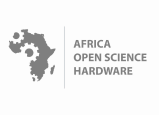An innovative maker ecosystem across Africa, Europe and the world
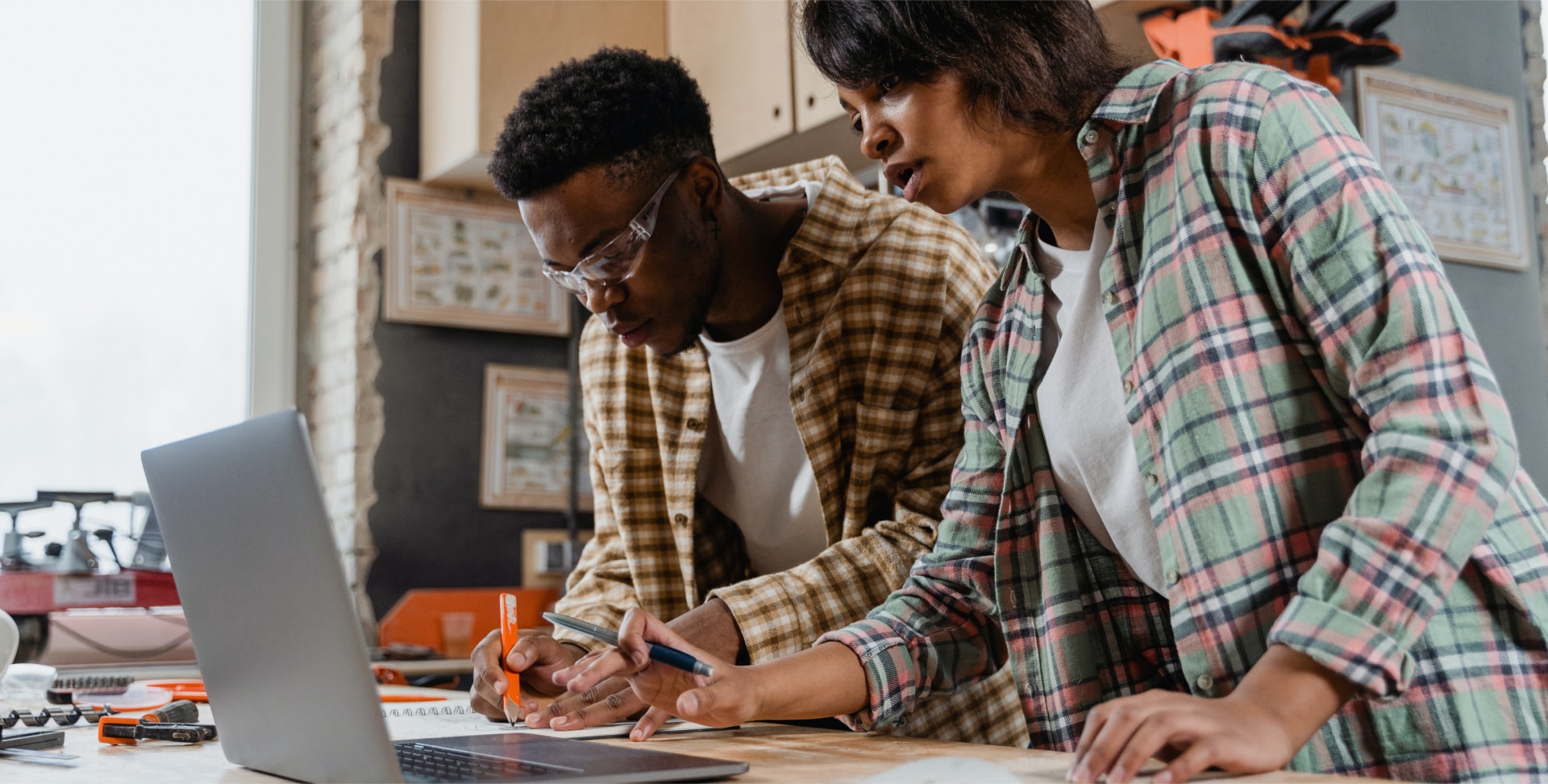
The Project
mAkE is a European H2020 project focusing on hardware-focused Digital Innovation Hubs (DIHs), including makerspaces, as key drivers for local digital innovation in Africa and Europe. mAkE seeks to grow the sustainability of, and collaborations between, African and European DIHs/makerspaces and the start-ups they host.
Project Goals
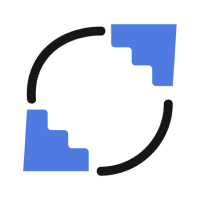
Make Business
Create new revenue streams for start-ups and SMEs that are for-profit and for-purpose.
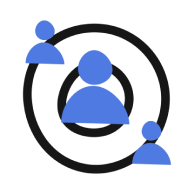
Make Community
Strengthen collaboration between DIHs/makerspaces at national, regional and intercontinental (between Africa and Europe) levels. Improve links between DIHs/makerspaces and public-sector actors and policymakers.
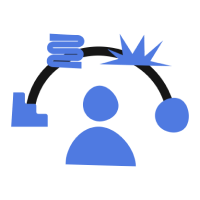
Make Skills
Build the skills of innovators, start-ups SMEs, and DIH/makerspace management. Foster sustainable capacity development through peer-to-peer learning and mentoring.
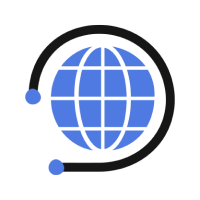
Make Infrastructure
Prototype and implement—across networks of DIHs/makerspaces—online open standards and systems for mutual skills recognition, mapping of machinery, and contracts for distributed manufacturing.
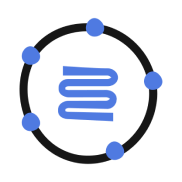
Make Impact
Build sustainable networks to ensure a durable and tangible real-world impact. Embed project outputs and outcomes in existing institutional structures.
African European Maker Innovation Ecosystem
African European Maker Innovation Ecosystem

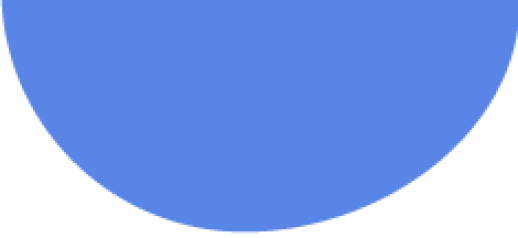
Project members
mAkE consortium members have extensive experience in network- and ecosystem-building. The members deploy state-of-the-art co-creation, co-design, social innovation and digital fabrication processes; and culturally- and gender-sensitive community and network engagement practices. Through the combined networks of the consortium members, mAkE has strong on-the-ground relationships—in Africa, Europe, and beyond—with DIHs/makerspaces and with the innovators, start-ups and SMEs collaborating at the hubs/spaces.
The project consortium is managed by the Centre for Social Innovation (ZSI) in Austria, in collaboration with consortium members based in Ghana, Cameroon, South Africa, Spain, Denmark and Germany.

